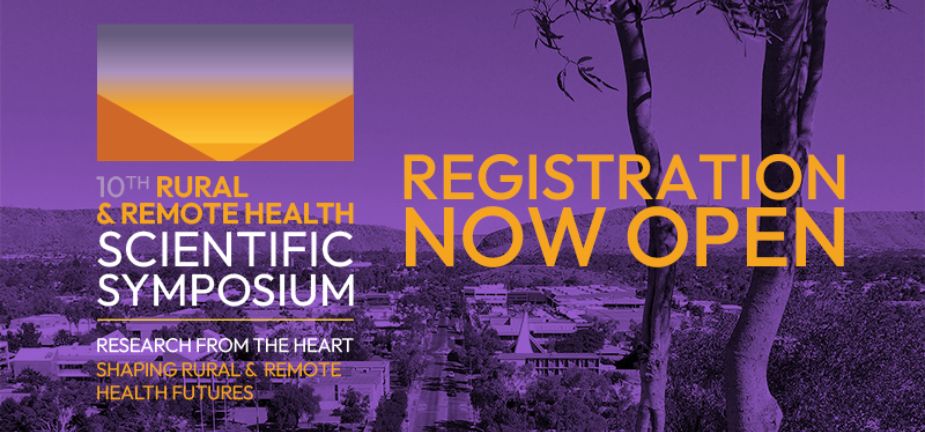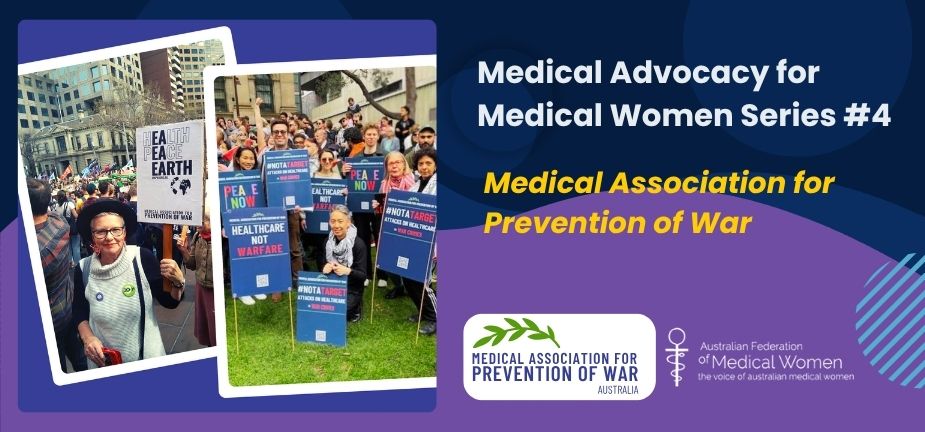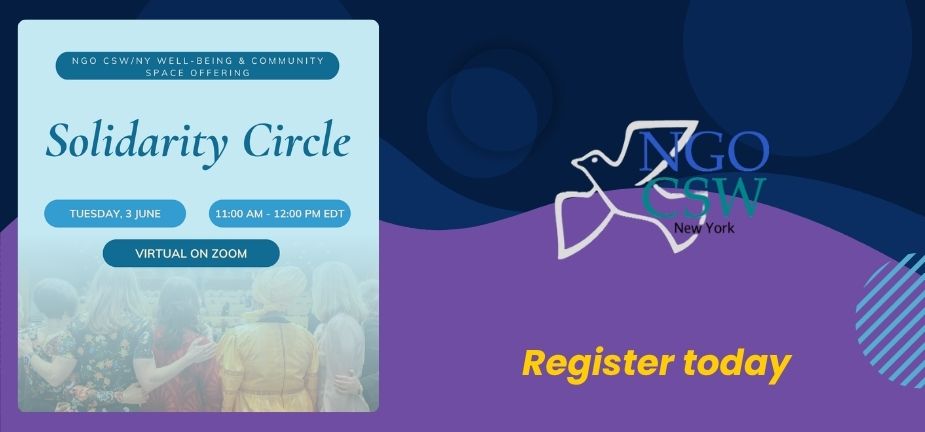In this Neos Kosmos article, A/Prof Magdalena Simonis AM explains how one can overcome the stigma related to mental health and how to access the right support in a time of crisis.
This is the first in a six-part series on mental health. Check out the tips for maintaining good mental health, and please share the resources. There is good advice on how to avoid Burnout, from her previous article too.
Mental health in Australia – Part 1 [NEOS KOSMOS]
[2 April 2024]
This is the first in a six-part series on mental health. Mental health is defined by the World Health Organisation as ‘a state of mental well-being that enables people to cope with the stresses of life, realise their abilities, learn well and work well, and contribute to their community’.
We are facing a nationwide and global mental health crisis – it’s a complex world with many people from all stages of life feeling lonely, struggling financially, facing relationship instability, and feeling overwhelmed by world events.
All this might be complicated if you are in a minority group, have chronic poor health or are in physical pain. In addition, there is constant pressure on people to be successful, to buy things, be noticed and approved of by peers, especially through social media. Defining what we feel or need can be embarrassing to talk about, which creates barriers to seeking help.
In this article, I will give some general advice around supporting good mental health and attach links to resources. In the subsequent articles, I will look at mental health issues facing women, men, adolescents, the aged, and the effort being made to prevent suicide, separately.
These articles might trigger some strong emotions and I recommend you talk to someone and seek support from the links attached at the end of the article.
The stigma of mental health
Having poor mental health has been stigmatised over the generations, which means that many who suffer, do this in silence and make a huge effort to hide their true feelings.
We like to believe that seeing a person who smiles and has a jovial nature means that the person is ok. It sometimes surprises us when a person we know and care for, announces that they are on medication for their mental health. And there is nothing more shocking than hearing about someone we’ve met and chatted with, taking their own life. We ask ourselves, ‘why did they do it?’, or ‘why didn’t I know they felt that bad?’.
That’s the stigma of having mental health issues. People feel they need to hide it from the world and sort things out by themselves. The isolation and desperation become worse.
Good mental health is not just the absence of a disorder, but our ability to function and thrive in our lives across the various phases.
Your mental health can suffer due to circumstances, poverty, unemployment, grief, relationship hardship, societal pressures and may even be caused by inherited mental health conditions – any of which will affect us at various stages of life. Mental health conditions can be treated and managed, but this needs community support and access to services.
The mental health crisis in Australia
Some statistics from the latest data from the survey carried out by the Australian Bureau of Statistics (ABS) between 2020 and 2022:
- 40 per cent of 16 to 24 year olds reported experiencing a mental health disorder between 2020 and 2022.
- 45.5 per cent of young women experienced a mental health condition in the previous year.
- 58.7 per cent of people who described themselves as gay, lesbian, or bisexual had mental health disorders – this is nearly three times the rate compared to their heterosexual counterparts at 19.9 per cent.
- A fifth of Australians aged 16 to 85 had experienced a mental health disorder in the previous 12 months. Of these, the most common were:
- Anxiety disorders 17.2 per cent
- Mood disorders like depression, 7.5 per cent
How do you know if someone is ok or not?
It’s not always obvious that someone is not ok, but these are signs that suggest they’re having a decline in mental health. (list from Head to Health )
A few signs to watch out for:
- They seem anxious, worried, or unhappy
- Their emotions go up and down – for example, suddenly losing their temper, or crying more often
- They have changes in their sleep patterns and/or eating habits
- They stop seeing friends or taking part in social activities they enjoyed before
- They are talking more negatively about themselves, the world around them, or their future
- They’re watching too much TV, eating or drinking too much, taking part in risky activities, or skipping work, and this is happening much more than usual or getting worse
How to respond when someone tells you they have a mental health problem
When a friend or loved one tells you that they are seeing a psychologist or that their GP put them on medication for depression or anxiety, the best thing you can do is listen and accept this with a trusting kindness that shows care. It takes a lot of courage to share this with people, even with intimate partners.
Many people feel embarrassed to admit that they’re on medication, but much of our mental health is influenced by the neurotransmitters in our brain. Almost every physiological process in our body is based on chemical reactions, including our moods and brain function.
Your role is not to talk a person out of taking medication, which unfortunately, friends and loved ones often do. I have patients who tell me that their husband or partner has told them not to take the prescribed ‘drugs’ and scare them into believing that they will become dependent on them.
There is a misconception in the community about prescription medication for mental health issues. Some people require long term medication and benefit from their use during a difficult life phase. The brain is able to reproduce the same neurotransmitters responsible for mood stability, when people are weaned off their medication over a few weeks.
As a doctor, my experience is that a lot of the prescribed treatments for depression and anxiety are hugely beneficial. Every person is different, so if side effects are experienced, there are other varieties available and a review with your GP or treating psychiatrist usually leads to finding the most suitable one.
Counselling – talk to someone
A key to mental wellbeing is the ability to talk freely about what’s going on in your life and mind. Humans are social beings, and the importance of connecting with people, feeling safe enough to talk openly and be listened to, cannot be underestimated. Sharing with a close friend or family member is helpful, but advice they give might be affected by their own beliefs and they are not experts in mental health.
You can access support for mental health services through your general practitioner. We like to listen to our patients and offer good advice, but you should book a longer appointment and if a mental health condition is diagnosed, a Mental Health Care Plan can be issued which will give you access to ten sessions with a clinical psychologist over the course of a twelve month period. Review appointments are an important part of the process so make sure you book these.
Tips for good mental health
Years ago at a conference I attended, a renowned professor of psychiatry outlined a list for maintaining good mental health which is best applied in people who already have good mental health and are going through a rough life phase, or for those who have achieved good mental health after being treated for depression/ anxiety. The psychiatrist list included the first five items – I’ve added items six -ten.
- Nurture intimate relationships.
- Build a network of close friends and maintain them – some through work, some through hobbies.
- Exercise daily. Endorphins released, trigger happy feelings.
- Laugh – read jokes and watch funny movies. Humour is therapeutic.
- Learn new things – remain curious and creative. This encourages optimism and helps you see things differently.
- Sleep well.
- Connect with nature.
- Mediate or for those with a faith, use prayer.
- Social media – limit your use of this or take long breaks from it.
- Purpose – we sometimes find this through doing service for others in need.
Some of the tips for prevention of Burnout listed in my first article are useful for maintaining good mental health too.
Is mental health inherited?
Many genetic and social elements affect our mental health. It is not as simple as we once thought which was that if you have a first degree relative with a mental health issue, you might be next in line.
At this stage, the ‘nature versus nurture’ argument and our knowledge of genomics and social science indicate that both are equally important in different ways and vary according to circumstance and even geography.
Basically, mood disorder and anxiety are more socially determined, where psychosis and neurodevelopmental disorders are more genetically linked. Research is ongoing.
Apps and online support for mental health
There is no real substitute for having a relationship with a GP, psychologist, or psychiatrist you trust who can provide counselling services to you. However, unless visits are fully rebated by Medicare, the cost of regular sessions adds up.
Accessing support through counselling can be difficult because the demand for services is being overwhelmed so observing the suggestions offered below can be useful while you wait for an appointment.
The Australian website Head to Health provides useful information and can guide you to online services, peer groups and even has online meditation and Cognitive Behavioural Therapy sessions you can join in on.
The health technology space has been saturated with mental health apps and a good guide for what has been approved for use in conjunction with a relationship with a healthcare professional, is available from the United Kingdom’s National Institute for Health and Care Excellence (NICE).
New mental health digital tools approved by NICE in 2023
Depression
- Beating the Blues (365 Health Solutions)
- Deprexis (Ethypharm Digital Therapy)
- Space from Depression (SilverCloud)
Anxiety
- Beating the Blues (365 Health Solutions) for generalised anxiety symptoms or unspecified anxiety disorder
- Space from Anxiety (SilverCloud)
- iCT-PTSD (OxCADAT) for post-traumatic stress disorder
- Spring (Cardiff University) for PTSD
- iCT-SAD (OxCADAT) for social anxiety disorder
- Perspectives (Koa Health) for body dysmorphic disorder
Resources
- Head to Health: www.headtohealth.gov.au
- Lifeline on 13 11 14
- Kids Helpline on 1800 551 800
- MensLine Australia on 1300 789 978
- Suicide Call Back Service on 1300 659 467
- Beyond Blue on 1300 224 636
- Headspace on 1800 650 890
- ReachOut at au.reachout.com
- Care Leavers Australasia Network (CLAN) on 1800 008 774
References:
New insights from the last decade of research in psychiatric genetics: discoveries, challenges and clinical implications – PMC
www.ncbi.nlm.nih.gov/pmc/articles/PMC9840515
Source article and photo (depositphotos): NEOS KOSMOS
Associate Professor Magdalena Simonis AM is a Past President of the AFMW (2020-2023), former President of VMWS (2013 & 2017-2020) and current AFMW National Coordinator (2024-2026). She is a full time clinician who also holds positions on several not for profit organisations, driven by her passion for bridging gaps across the health sector. She is a leading women’s health expert, keynote speaker, climate change and gender equity advocate and government advisor. Magda is member of The Australian Health Team contributing monthly articles.
Magdalena was awarded a lifetime membership of the RACGP for her contributions which include past chair of Women in General Practice, longstanding contribution to the RACGP Expert Committee Quality Care, the RACGP eHealth Expert Committee. She is regularly invited to comment on primary care research though mainstream and medical media and contributes articles on various health issues through newsGP and other publications.
Magdalena has represented the RACGP at senate enquiries and has worked on several National Health Framework reviews. She is author of the RACGP Guide on Female Genital Cosmetic Surgery and co-reviewer of the RACGP Red Book Women’s Health Chapter, and reviewer of the RACGP White book
Both an RACGP examiner and University examiner, she undertakes general practice research and is a GP Educator with the Safer Families Centre of Research Excellence, which develops education tools to assist the primary care sector identify, respond to and manage family violence . Roles outside of RACGP include the Strategy and Policy Committee for Breast Cancer Network Australia, Board Director of the Melbourne University Teaching Health Clinics and the elected GP representative to the AMA Federal Council. In 2022. she was award the AMA (Vic) Patrick Pritzwald-Steggman Award 2022, which celebrates a doctor who has made an exceptional contribution to the wellbeing of their colleagues and the community and was listed as Women’s Agenda 2022 finalist for Emerging Leader in Health.
Magdalena has presented at the United Nations as part of the Australian Assembly and was appointed the Australian representative to the World Health Organisation, World Assembly on COVID 19, by the Medical Women’s International Association (MWIA) in 2021. In 2023, A/Professor Simonis was included on the King’s COVID-19 Champion’s list and was also awarded a Member (AM) in the General Division for significant service to medicine through a range of roles and to women’s health.










